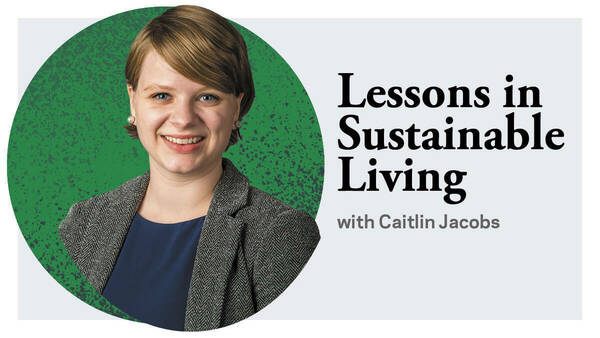

Animal products generally have a higher impact on the Earth than plant foods. Commercial animal agriculture is cited as a major contributor to greenhouse gas emissions. That’s why some people adopt a vegetarian or vegan diet, which eliminates certain (or all) animal products. But great progress can be made even by committing yourself to a certain number of plant-based meals each day, saving meat consumption for special occasions or meals at restaurants, or prioritizing recipes that use meat as a flavor enhancer instead of the star of the show. With a little work, it’s possible to prepare tofu or other products that mimic the texture of meat. Mock meats, like Impossible or Beyond burgers, are available in most supermarkets and easily replace the meat in many dishes. Smaller grocery stores, like those specializing in Indian or Vietnamese products, are also a wellspring of delicious meat substitutes and flavorful plant-based ingredients.
If you want to consume less meat, try removing the animal products from your favorite dish or family recipe and see what happens. You may be surprised to find how important seasoning, aromatics, and herbs are to creating the flavor experiences we associate with meat dishes. By swapping identically seasoned fried cauliflower or tofu for fried chicken in my family’s famous chicken, rice and gravy at Christmas, I don’t feel like I am missing out.
What helps me: Seasonal produce chart, my spice cabinet, the cookbook “Sweet Potato Soul,” lots of garlic, a trusty tofu press, an Aerogarden or potted herb shelf, a high-powered blender for making vegan sauces and milks
Caitlin Jacobs is the sustainability program manager in the Office of Sustainability. You can find more sustainable living ideas on the Vatican’s new Laudato Si' Action Platform.
Originally published by at ndworks.nd.edu on March 08, 2022.